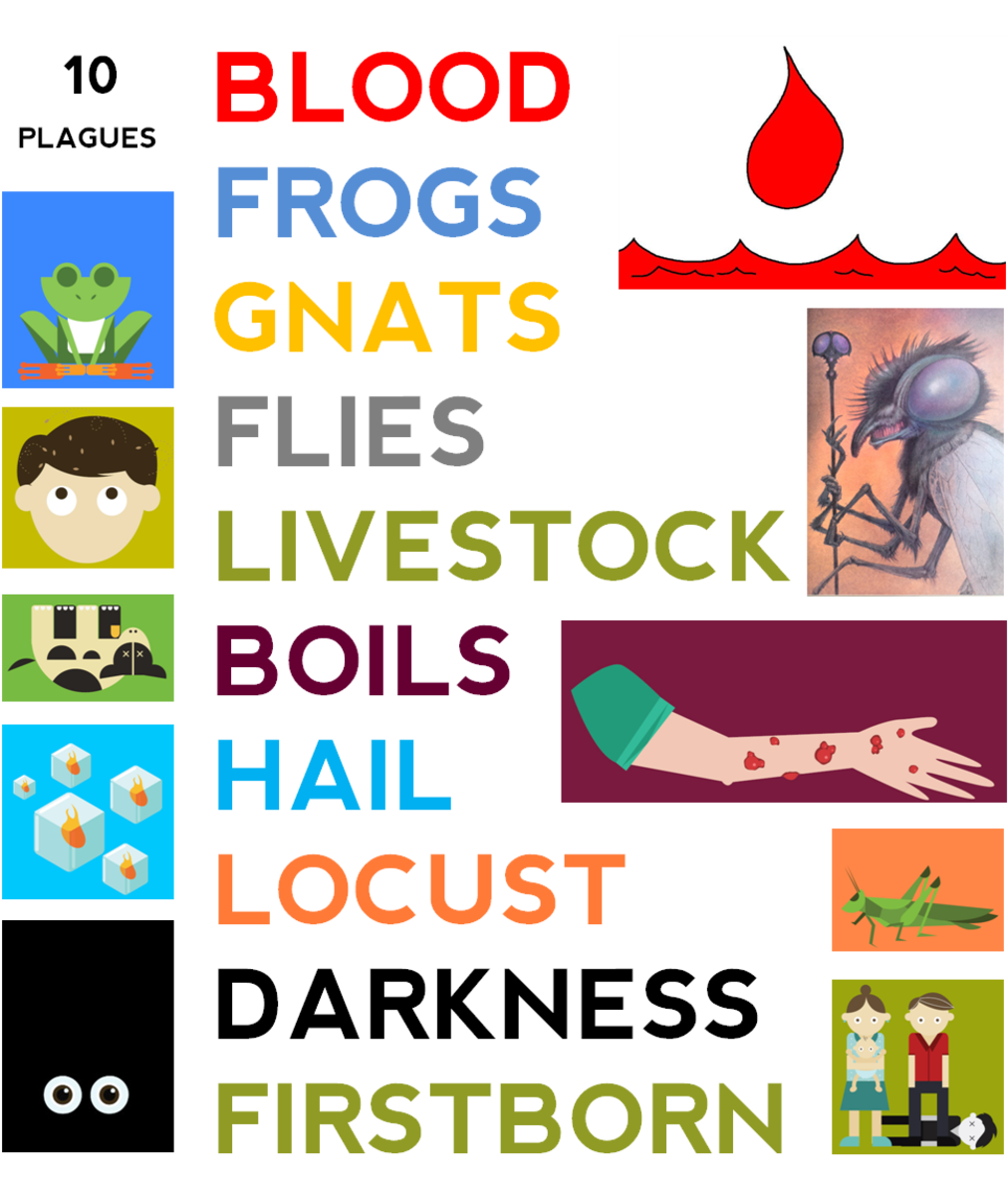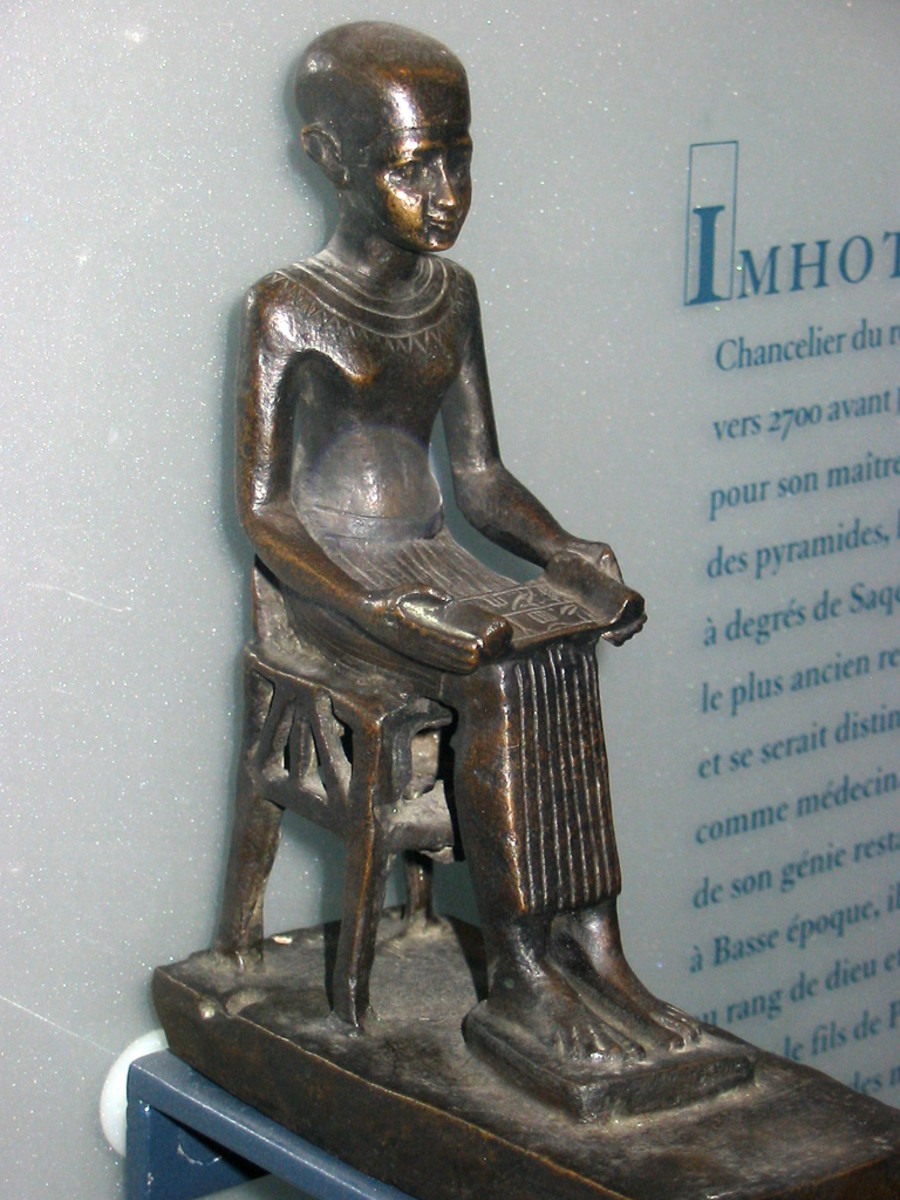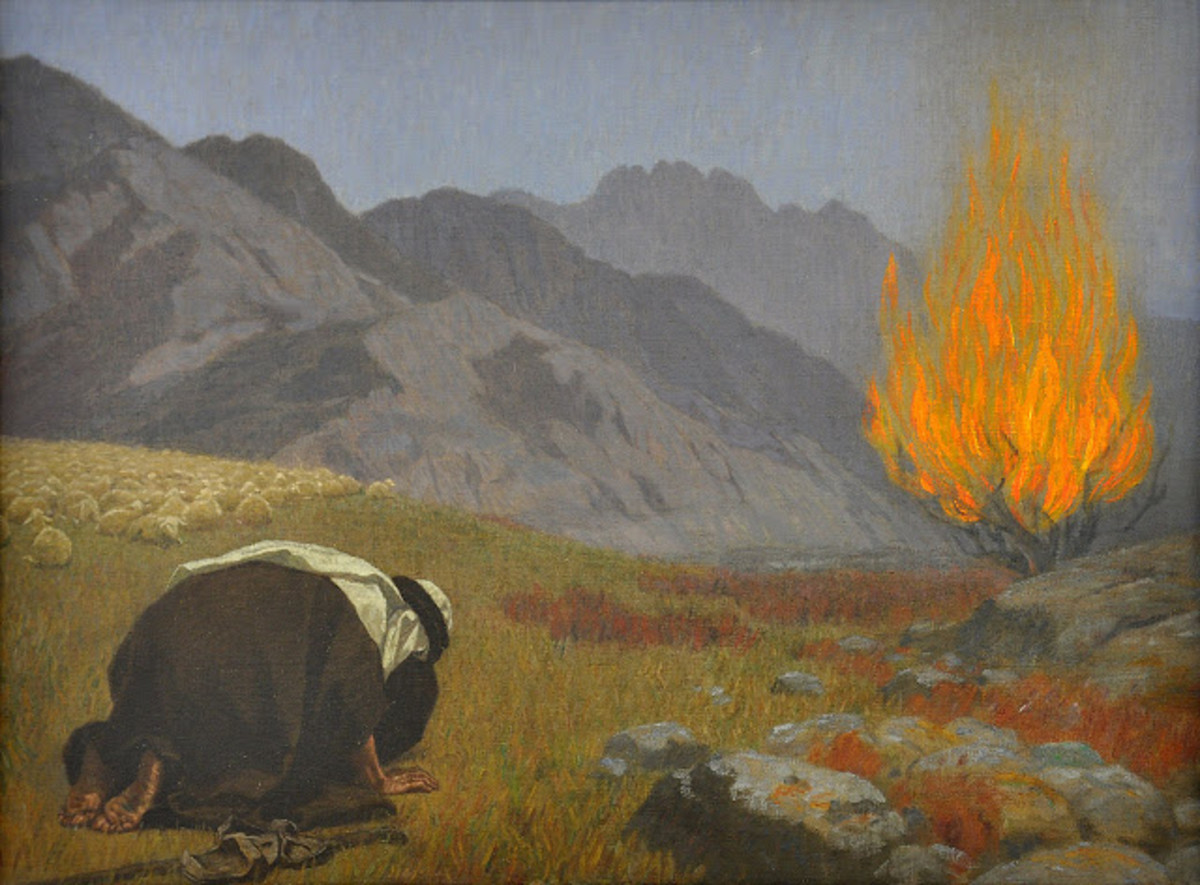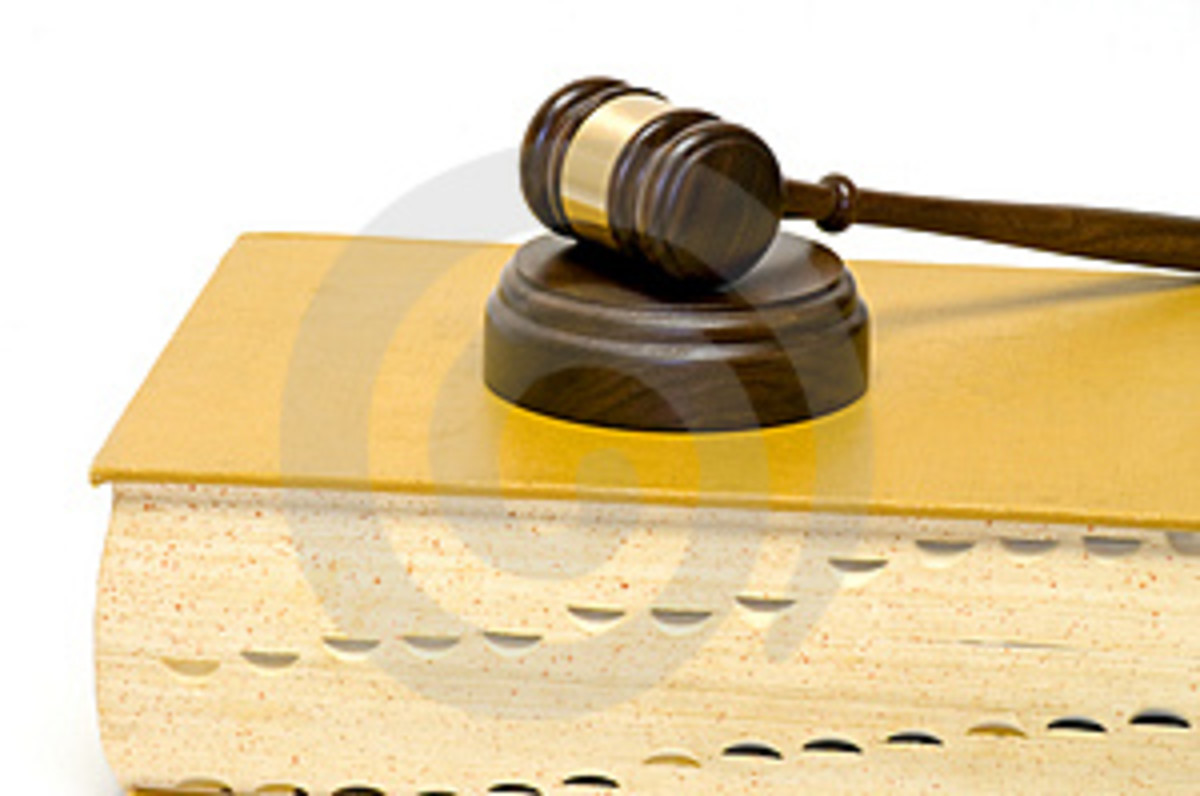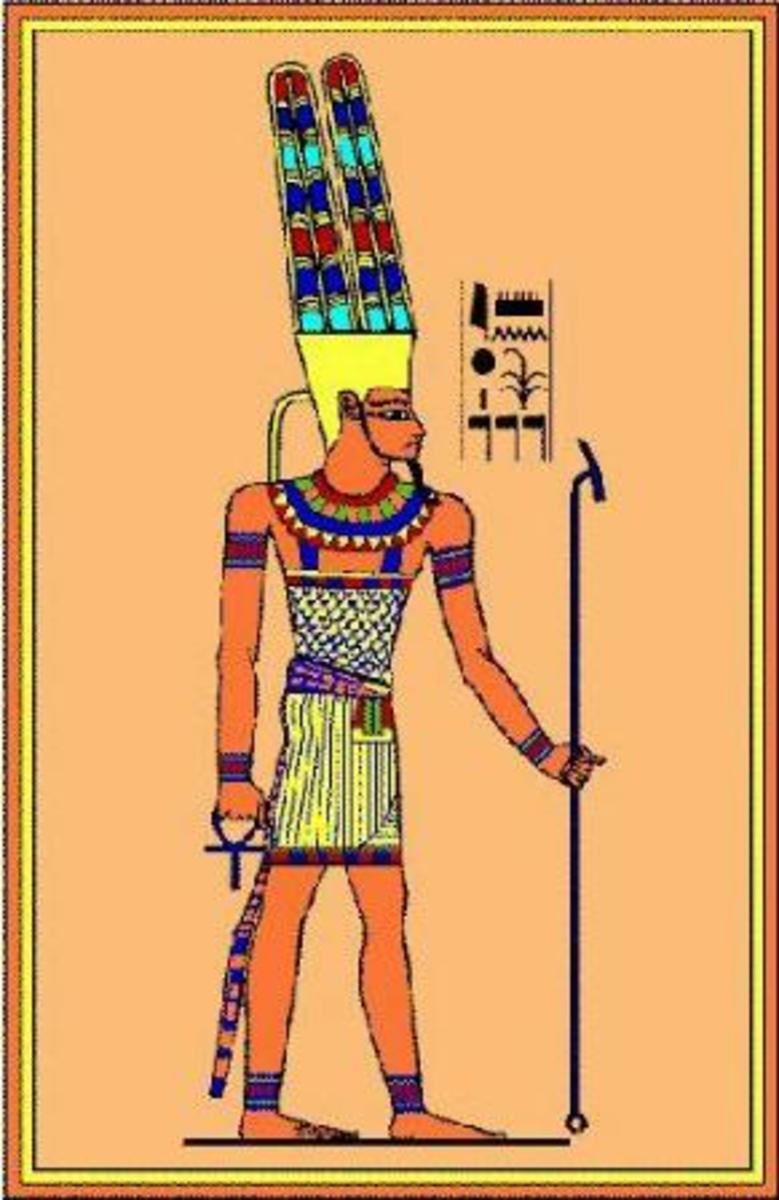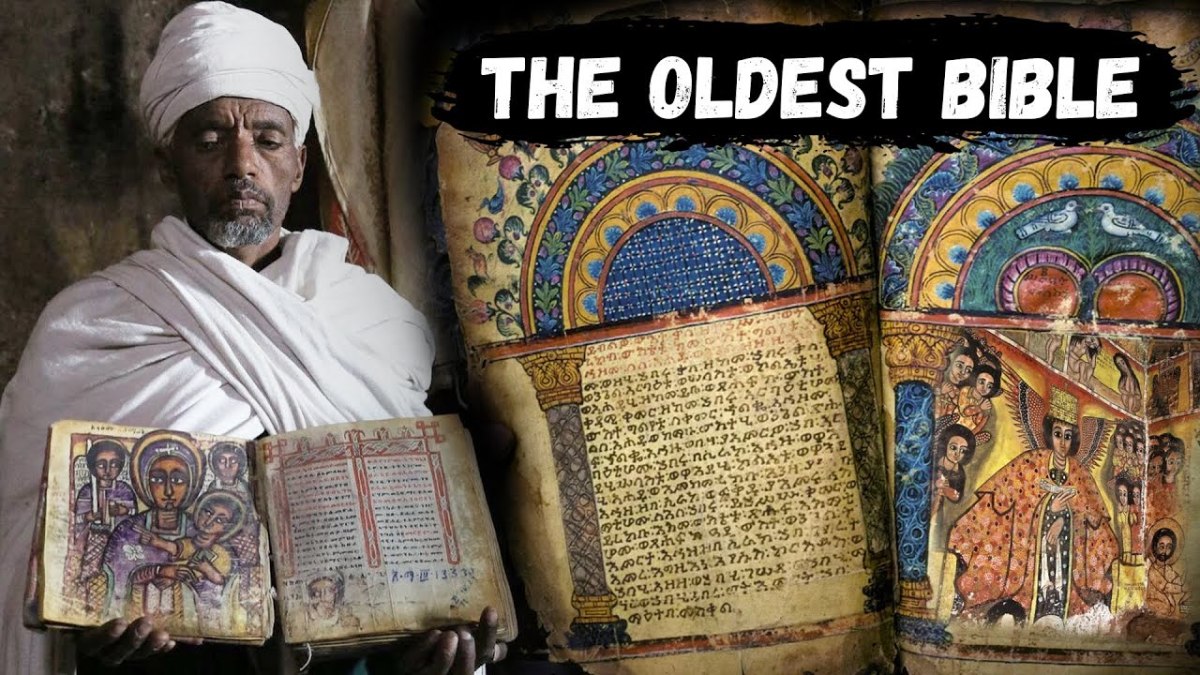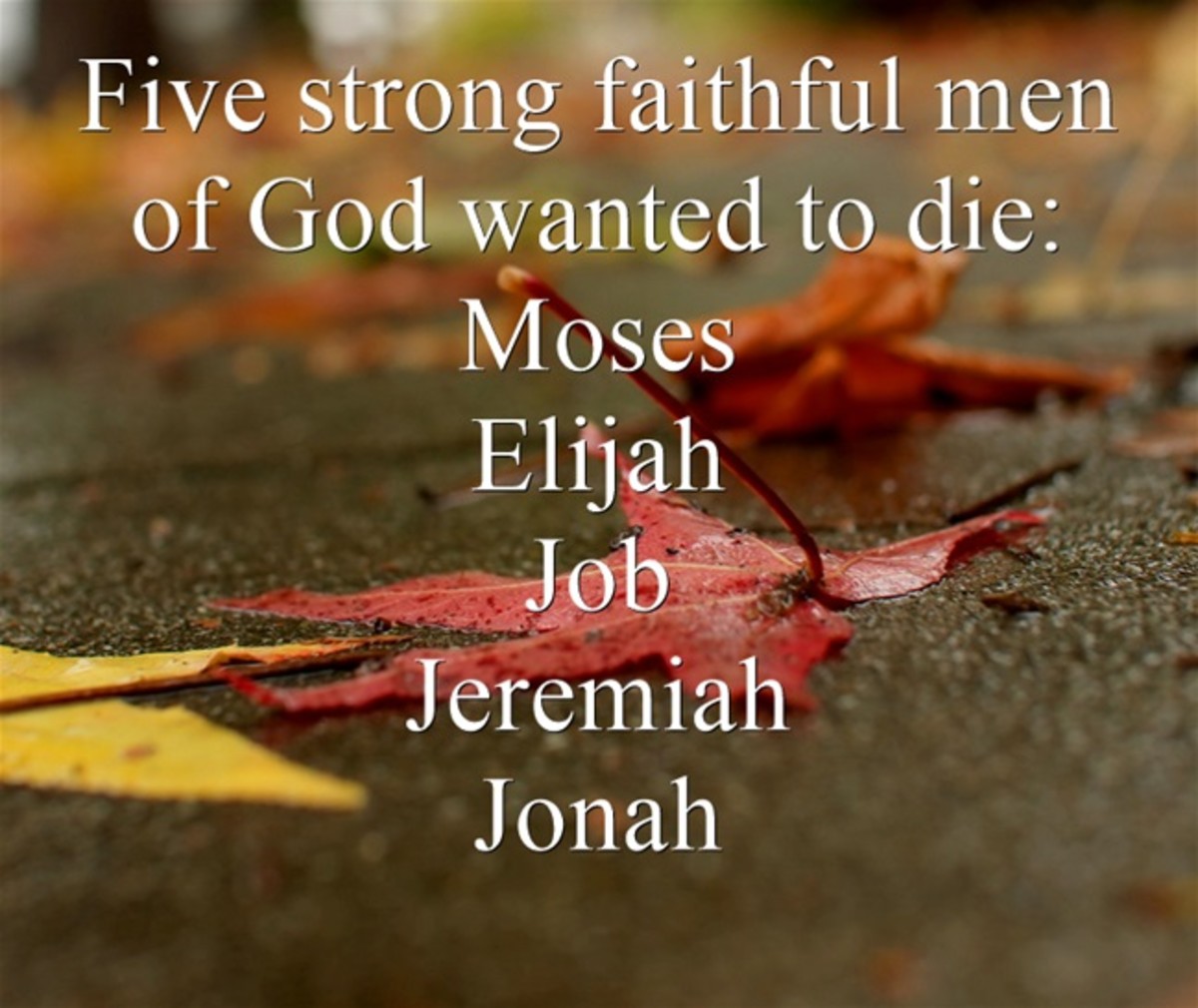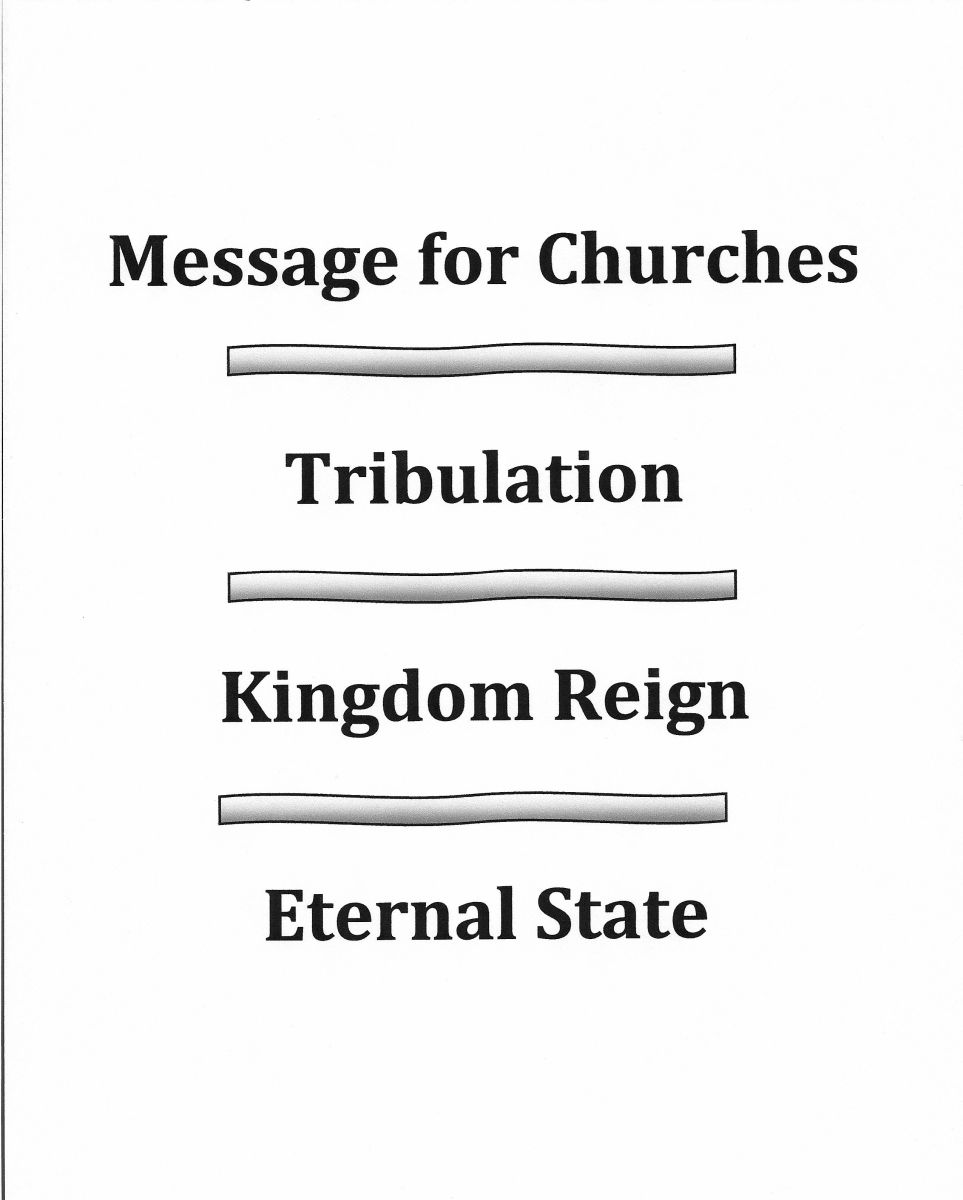Bible: What Does Exodus 8-10 Teach Us About the Egyptian Plagues?
Pharaoh Hardens His Heart
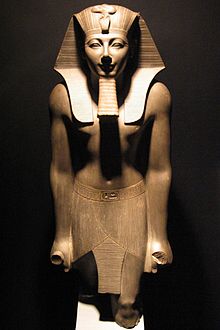
Hardening: Pharaoh's Fault?
view quiz statisticsThe Hardening of Pharaoh's Heart
At the LORD’s command Moses repeats the same type of warning to Pharaoh, but this time the judgment involves an invasion of frogs into every private arena of Egyptian life (vv. 1-4; cf. 7:16ff).
Aaron again obeys Moses by stretching out his rod, and frogs hop up out of the polluted waters; Pharaoh’s magical men, however, are somehow able to do the same (vv. 5-7).
The king’s reaction gives the impression that he is ready to release Israel (v. 8).
To prove that the LORD is unique, Moses gives Pharaoh the opportunity to name the day the frogs should remain in the river only (v. 9).
When the king responds “Tomorrow,” Moses confirms his word (vv. 10-11).
In response to Moses’ intercession, the LORD causes all of the frogs on land to die and start to decompose (vv. 12-14).
Though all Egypt now stinks, Pharaoh senses relief and refuses to let Israel leave (v. 15).
Next, the LORD sends lice (gnats?) on the Egyptians when Aaron strikes the dust of the earth (vv. 16-17).
This miracle the enchanters cannot duplicate, acknowledging it before Pharaoh as an act of God (“the finger”) [vv. 18-19a].
The king, nevertheless, continues to harden his heart (v. 19b).
[Can the Creator alone do true miracles?]
Once more, God commands Moses to confront Pharaoh with the same line as always: "Let My people go . . . . "
This time the LORD promises to cause a plague of flies to descend upon the land if the Egyptian king does not comply (vv. 20-21).
Apparently unlike the other plagues, this one would not affect Goshen, the land where Israel dwells; through this act of protection, God will show who His chosen ones are (vv. 22-23; cf. 9:4; 11:7).
[The English text reads “make a difference”; however, the Hebrew literally indicates that God will “set a ransom” between Israelites and Egyptians.
What does that expression mean?]
And it happens as God had said (v. 24).
Again, Pharaoh seems to surrender in part (v. 25).
To avoid being stoned to death by those who think sacrificing livestock is abominable--the Egyptians--, Moses tells the king that Israel must leave the country and travel for three days into the desert (vv. 26-27; cf. Gen. 46:34).
Pharaoh still does not fully submit to this request, but pleads with Moses to intercede again (v. 28).
After Moses entreats the LORD and He removes the flies, the king again hardens his heart and does not let Israel go (vv. 29-32).
Egypt and Goshen
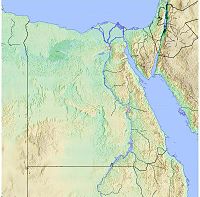
Plagues Affect Only Egypt, not Goshen
Exodus 9
Chapter nine deals with the next three plagues: diseased livestock (vv. 1-7), debilitating boils (vv. 8-12), and devastating hail (vv. 13-35).
[Previous plagues were mainly irritants (frogs, flies, lice, blood), but those following inflict real deprivation and physical pain].
As with most of the plagues, God prefaces their implementation with an announcement of who He is (“Thus says the LORD God of the Hebrews”) and what He wants (“Let My people go, that they may serve Me”) [v. 1; cf. 7:16; 8:1, 20.But see 8:16; 9:8].
Then He relates what will happen next; here, a pestilence on livestock (vv. 2-3), which will touch the Egyptians alone, not the Hebrews (v. 4; cf. 8: 23).
[The LORD discriminates between the elect and the non-elect.]
Despite God’s decimation of all of Egypt’s livestock on the next day, Pharaoh hardens his heart again (vv. 5-7).
Purpose of Judgment
view quiz statisticsSalvation and Revelation
After Moses scatters ashes into the air, the LORD causes boils to break out on man and beast in Egypt; this time the magicians are also affected (vv. 8-11).
Still, Pharaoh does not change his mind, and the LORD sees to it (v. 12).
Finally, Moses records rather extensively the details of the plague of hail.
After the customary opening (v. 13), Yahweh warns Pharaoh of the unleashing of all of His plagues, which will serve to reveal Who He is (v. 14).
In other words, God purposes not to blot out Egypt, but to use the nation to make His name known worldwide (vv. 15-16).
[The LORD’s purpose in judgment was salvific for the nations and revelatory for Himself.]
Thus far, Egypt has arrogantly refused to cooperate with Him (v. 17), but the LORD plans to bring a devastating hailstorm on the next day (v. 18).
Yahweh advises Pharaoh to protect his livestock from the hail; some of the king’s God-fearing servants obey, but others do not (vv. 19-21).
[Moses writes in Exodus 9:6 that “all the livestock of Egypt died."
Why, then, does he now tell him to bring his livestock under shelter?
God is addressing Pharaoh here, not Moses, whose people still have surviving animals].
The Seventh Plague
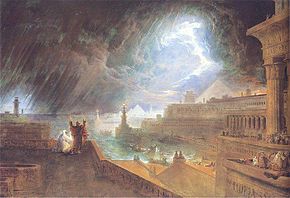
Fire and Hail
After the LORD commands Moses to “stretch out” his rod, the prophet obeys; a catastrophic storm, complete with fire mingled with hail, assails Egypt alone (not Goshen), destroying every living thing in the field (vv. 22-26; cf. Rev. 8:7).
[Note:Aaron does not perform with the rod; Moses does the deed this time].
Again, Pharaoh seeks relief from the disaster, summoning Moses and Aaron to his court, confessing his sin and acknowledging Yahweh’s righteousness (v. 27).
Appearing to have had enough, he asks them to pray to God to stop the storm; afterwards, he promises to set Israel free (v. 28).
Moses agrees to petition the LORD for mercy, but he is not so naïve as to believe that Pharaoh will hold true to his word (vv. 29-30).
[Moses then mentions which crops were destroyed and which were spared damage (vv. 31-32)].
As expected, God’s prophet does what he said he would do, the LORD is faithful to stop the storm, and Pharaoh continues in his unbelief (vv. 33-35).
Locusts
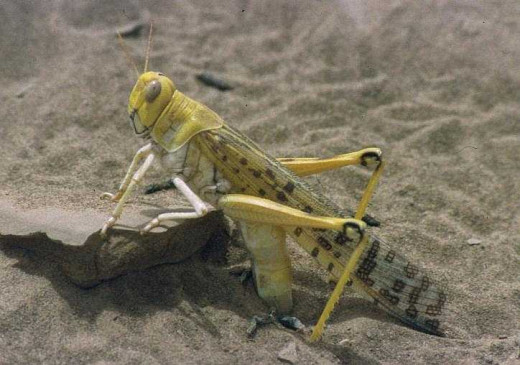
Locusts and Darkness
Exodus 10
The recounting of the stories surrounding the eighth and ninth plagues [locusts (vv. 1-20) and darkness (vv. 21-29)] comprises the tenth chapter.
Before Moses visits Pharaoh again, Yahweh tells him what He has done to the king—(“I have hardened his heart,” v. 1a)—, and why He has done the signs—
(1) to show Pharaoh Who He is [v. 1b], and
(2) to provide a witness of His power to future Israelite generations [v. 2].
[See also Paul’s citation in Romans 9:17].
God’s “formula” in addressing Pharaoh changes slightly, as He adds a query about the king’s refusal to humble himself (v. 3).
His continued obstinacy will bring a disastrous locust invasion upon the residue that the other plagues left (vv. 4-5).
Anticipating the little invaders’ infiltration of Egyptian homes like never before (v. 6), Pharaoh’s servants try to reason with their king to let Israel’s men go (v. 7).
When Moses and Aaron return, Pharaoh lays down this limitation on Israel (vv. 8-11).
At Yahweh’s command Moses stretches out his rod, and the locusts cover the “face of the whole earth” and consume every edible morsel that remained (vv. 12-15).
[Obviously, Moses meant that the locusts blanketed Egypt only.
Nevertheless, the language resembles that of the Genesis Flood].
Again, Pharaoh calls a hasty audience with Moses, and confesses his sin against God and His servant (vv. 16-17; cf. 9:27).
But once more, after Moses intercedes and Yahweh removes the invaders with a strong wind, Pharaoh sees no more threat and refuses to allow Israel to leave Egypt (vv. 18-20).
[Israel’s rebellious reactions during the period of the Judges seem eerily similar to Pharaoh’s here.]
Now God sends a “felt darkness” upon Egypt for three days (vv. 21-22); yet despite the pitch blackness outside, Israel has light at home (v. 23).
Pharaoh responds to this latest phenomenon by allowing Israel to leave Egypt, but without their livestock (v. 24).
This decision, of course, does not satisfy Moses, and he tells Pharaoh why (vv. 25-26).
Again, the LORD hardens the king’s heart (v. 27).
When Pharaoh warns Moses not to visit him again lest he die (v. 28), the prophet turns the threat on the king’s own head (v. 29).
© 2013 glynch1

